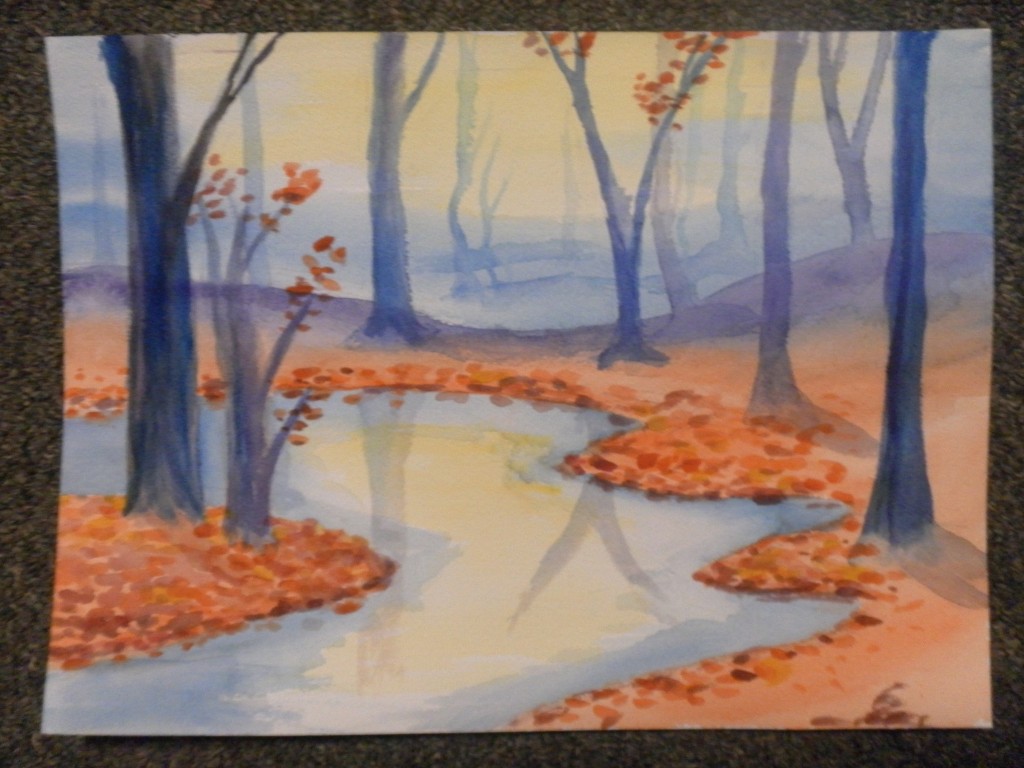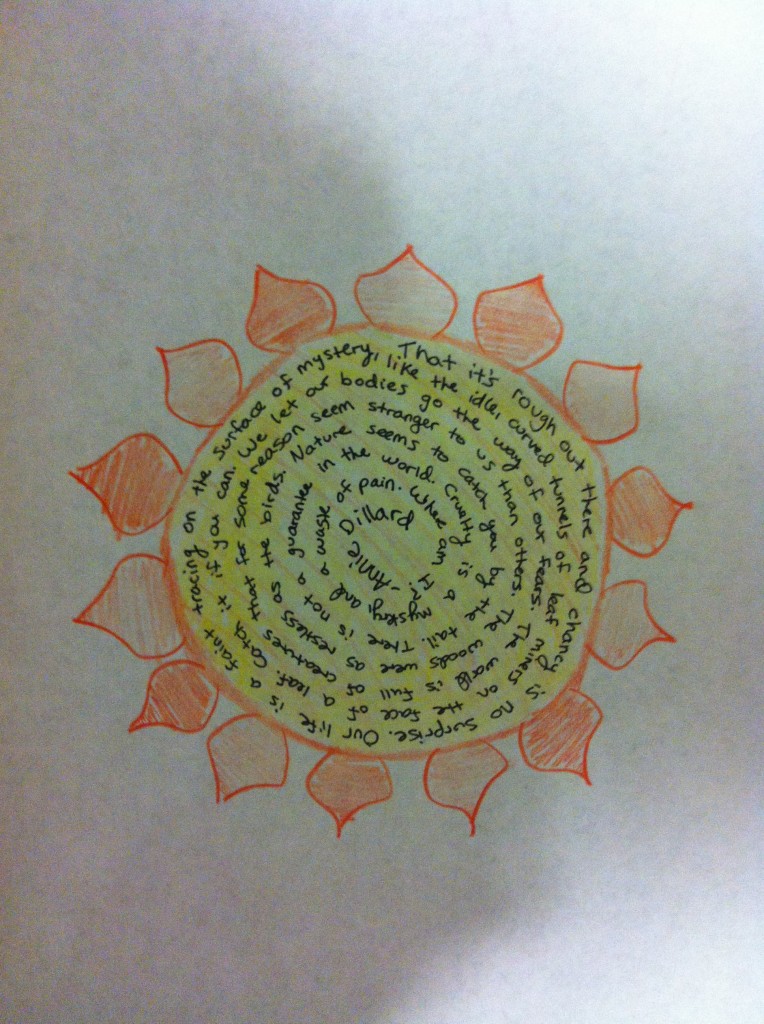Water is such a simple, complex and omnipresent element of the earth’s existence. The world’s oceans cover almost 70% of the earth’s surface and rivers play an integral role in their health by dumping fresh water into these salty reserves. Water is in a constant cycle through country sides, across political borders and throughout the atmosphere from country to country. Something so central, such as the Westhampton Lake, appears to be simple and static aspect of campus, but it is a dynamic life force in which the campus surrounds.
I basically grew up on the water. As a kid I spend uncountable hours on lakes, rivers and the ocean. Between fishing, swimming and wakeboarding, I became very familiar with the different bodies of water around Austin and beyond. Until recently, I had failed to ask the basic questions of my watershed. Where did all this water come from and where does it go?
I know that the water in the Westhampton Lake comes from somewhere and then leaves, but I had not put much thought into asking these basic questions. Exploring the lake with the class elucidated these questions and inspired more. I now know that two creeks feed the Westhampton Lake and I know the general direction of these creeks, but where do they start? For the first time, Google Earth failed me. This creek is a little too small to follow using this powerful tool. However, I know the creeks go straight through busy neighborhoods, which leaves plenty of room to shape of our water shed.
I believe most people on campus would say that the lake is disgusting. The Lake appears nasty, but I cannot say for sure just how bad it is. I can say that however dirty the lake it, it certainly is not just from the campus activities. It could easily be from urban runoff throughout the neighborhoods.
My experience exploring the Westhampton Lake ended with more questions than answers, but the experience allowed me to understand the complexity of this small water shed. Just seeing the creek pumping swift water into the Lake reminded me of how much water must be leaving the lake. This central feature of campus that we see every day is likely poorly understood by most of the campus’s residence. The water is constantly moving and being affected by forces outside of this campus. Although the Lake is on our property, it does not mean we are truly in control of it.




